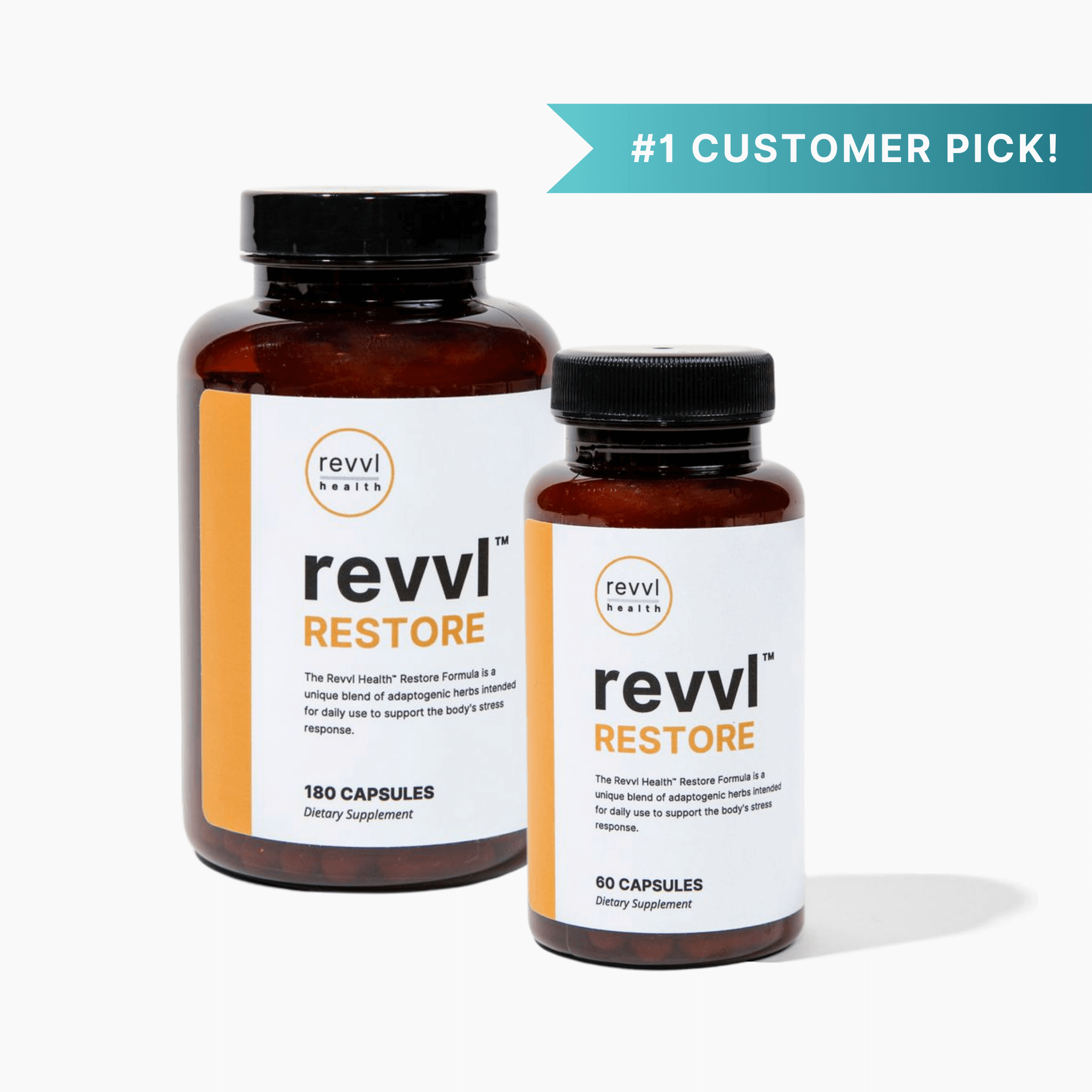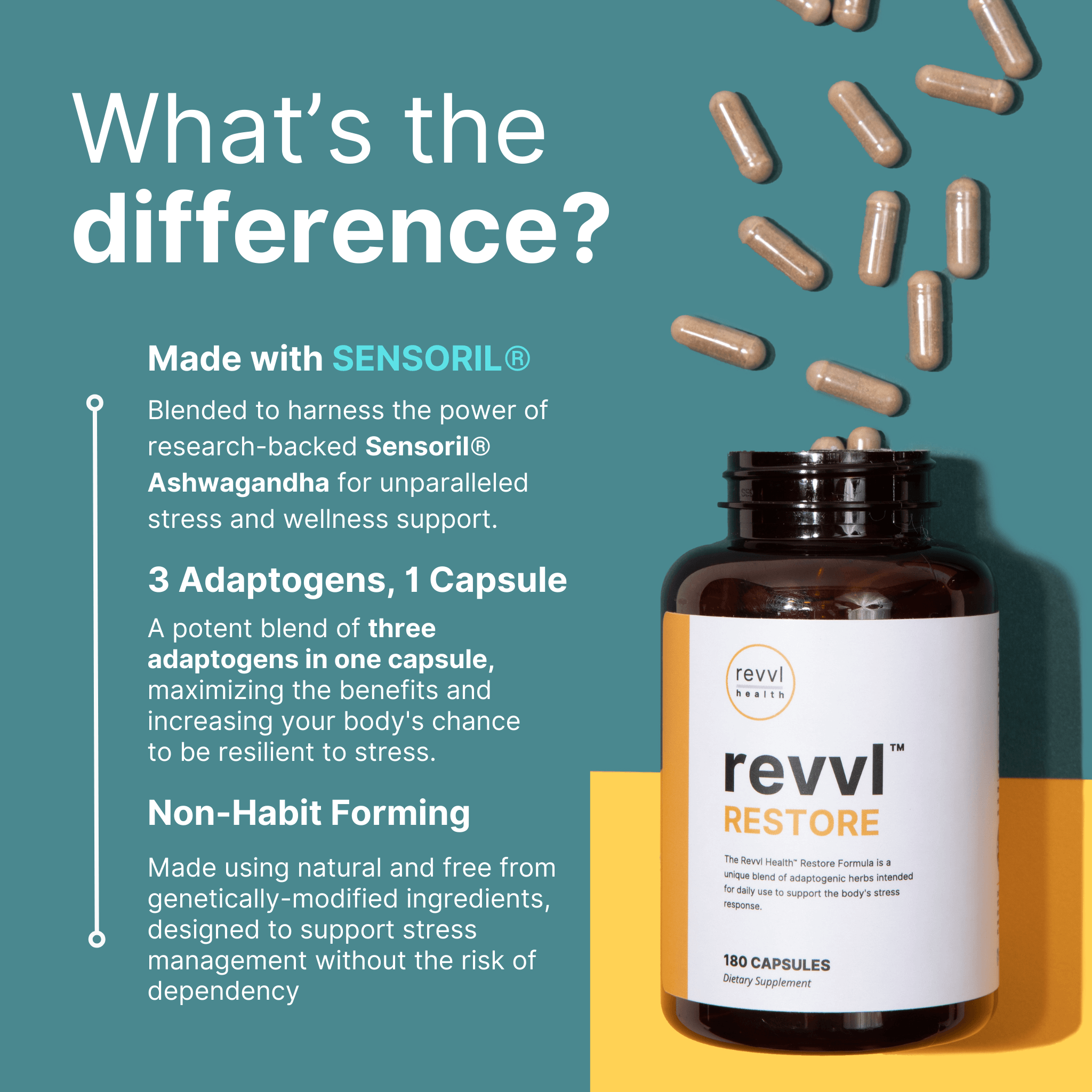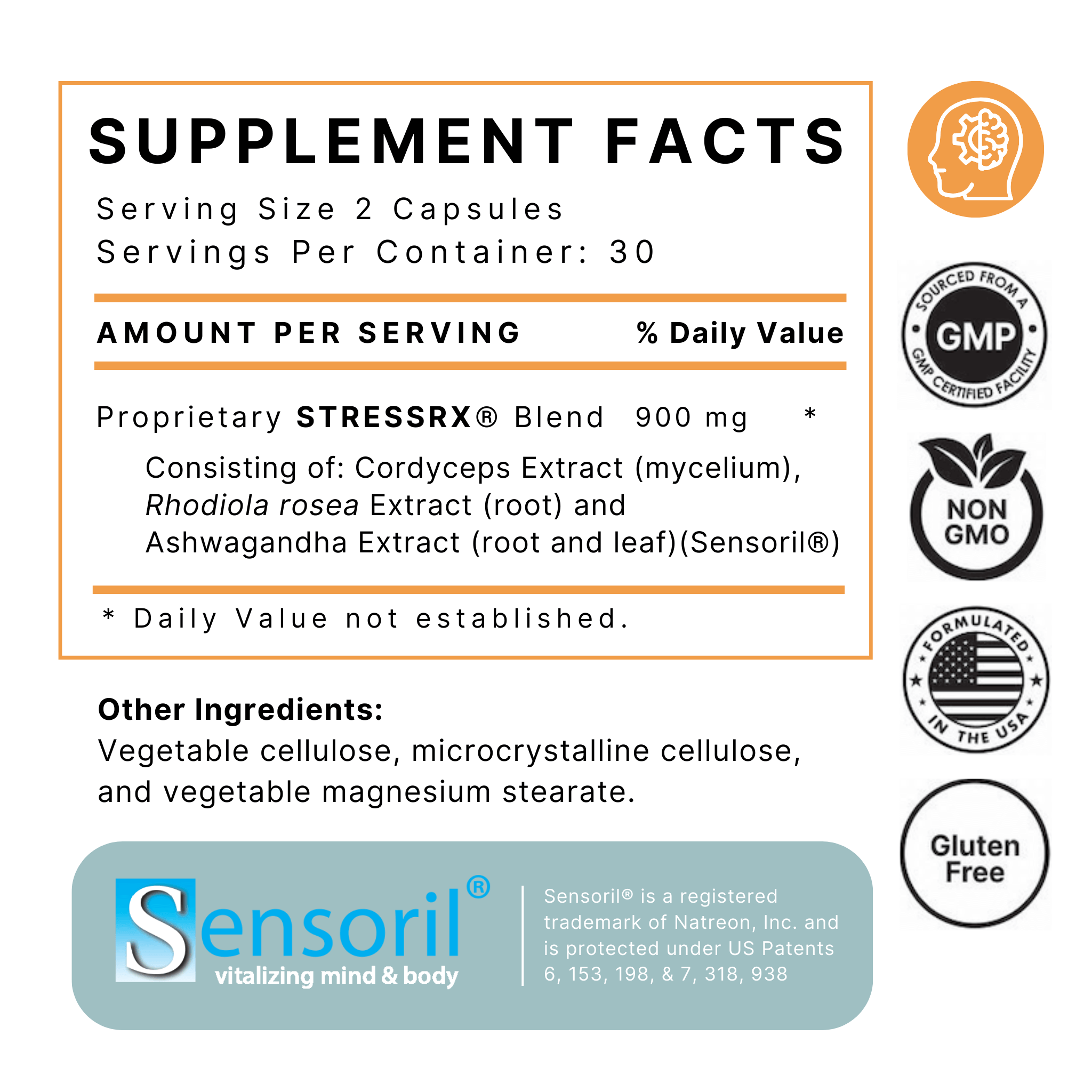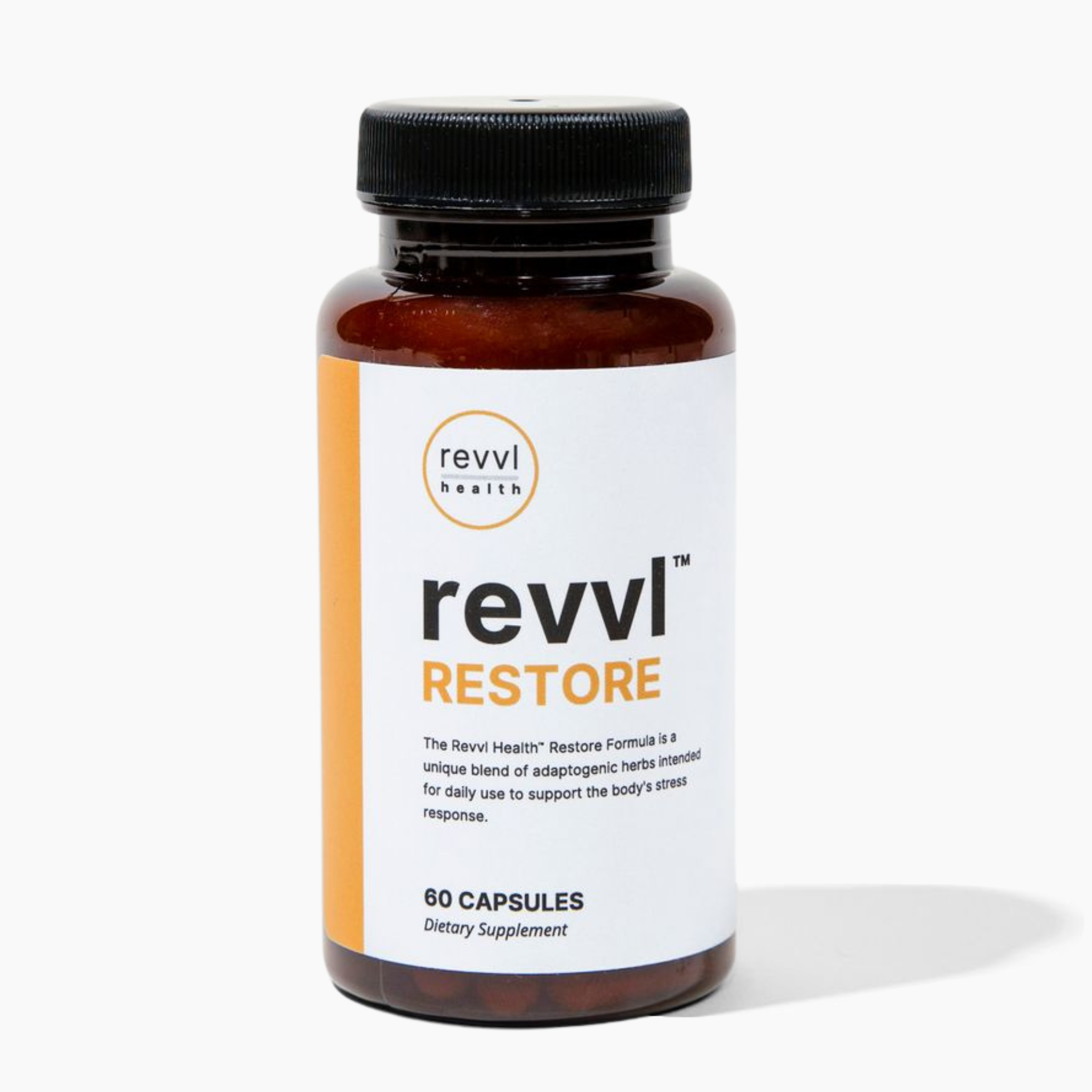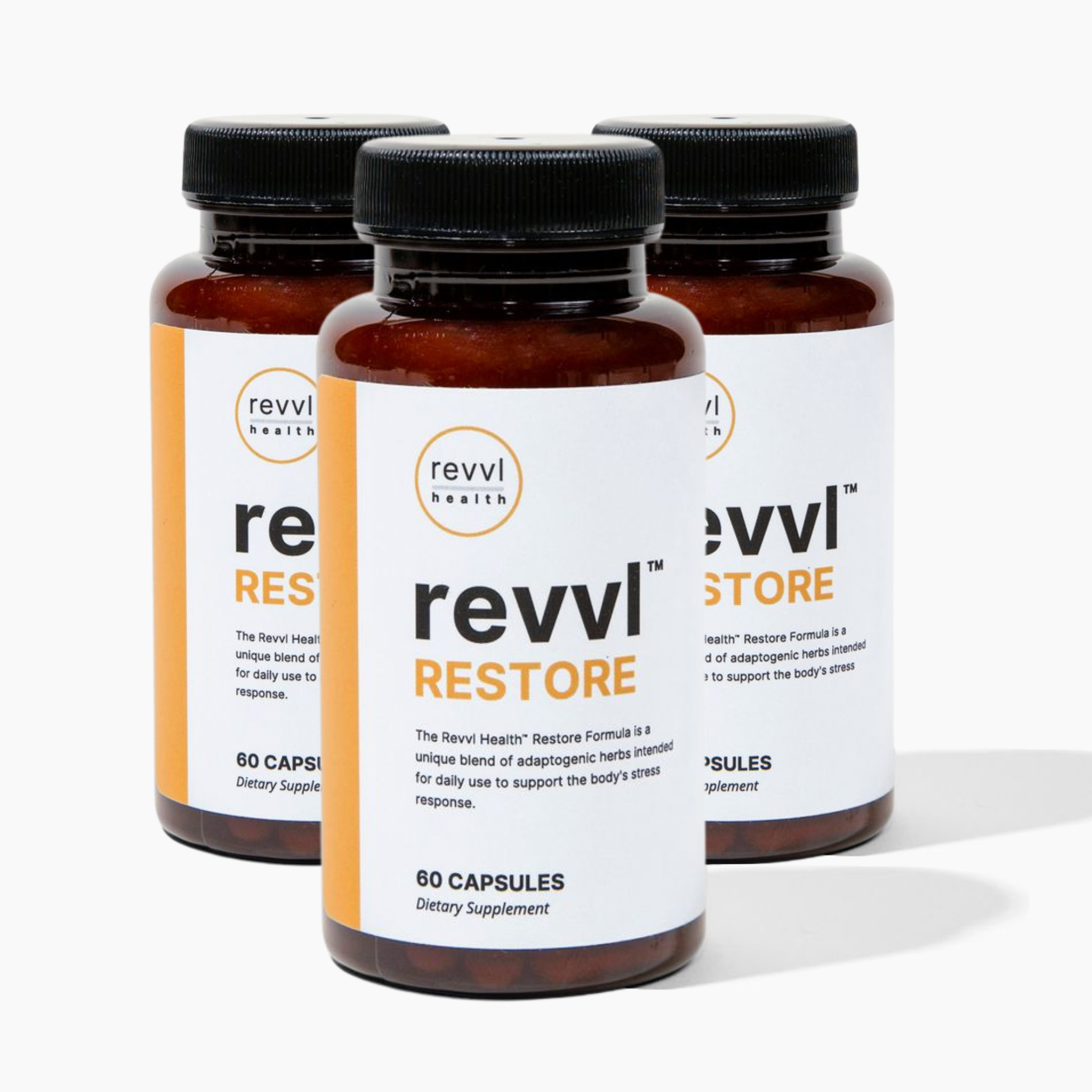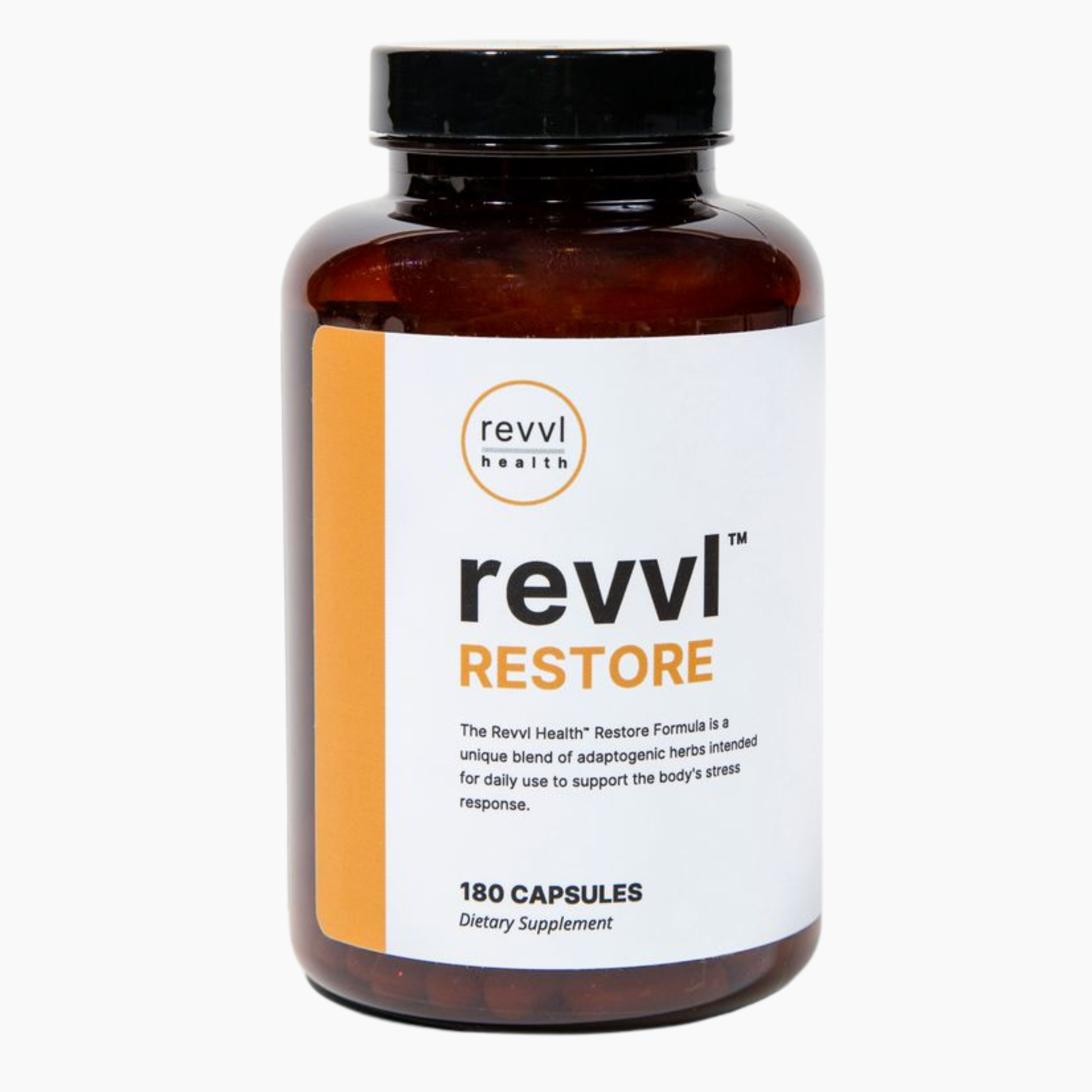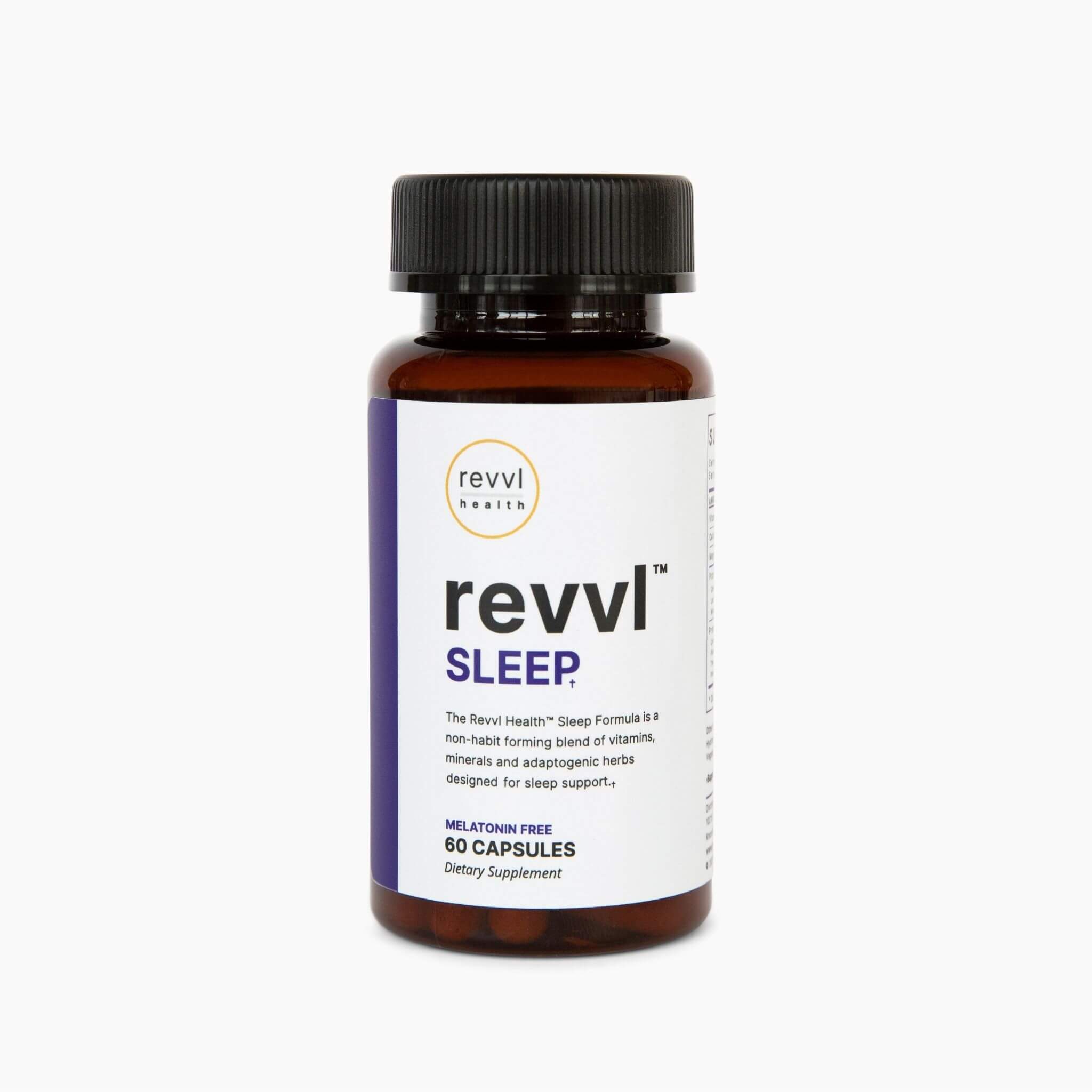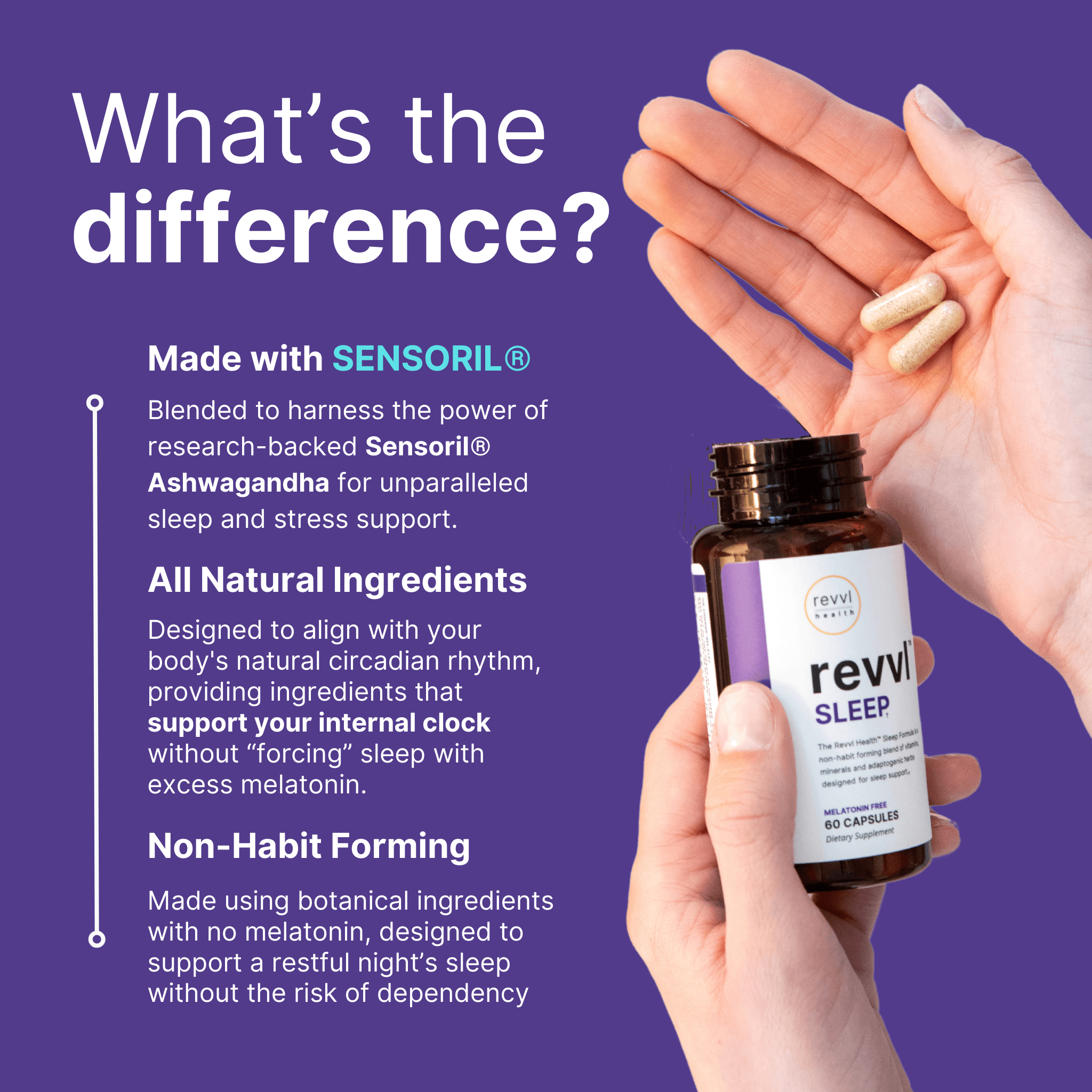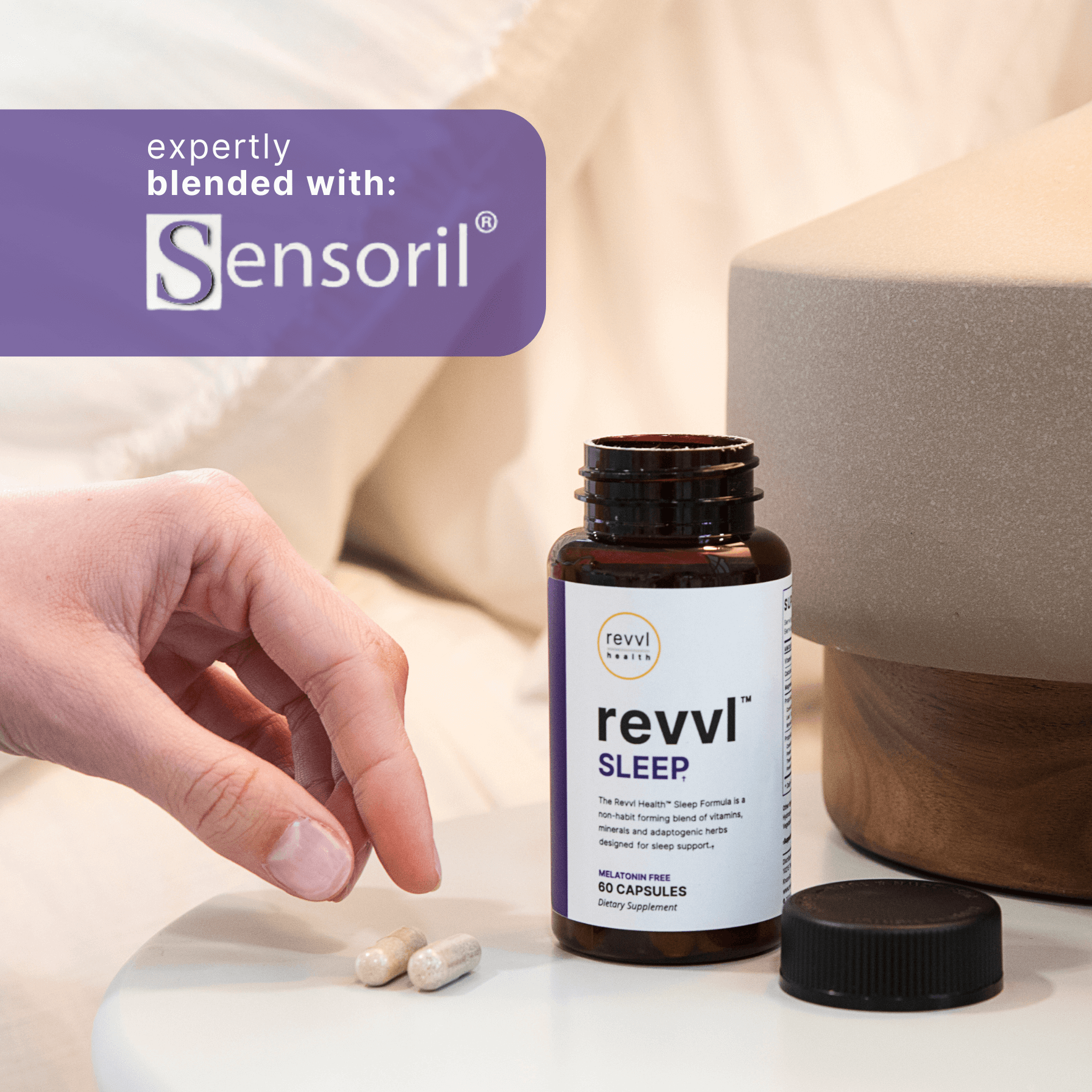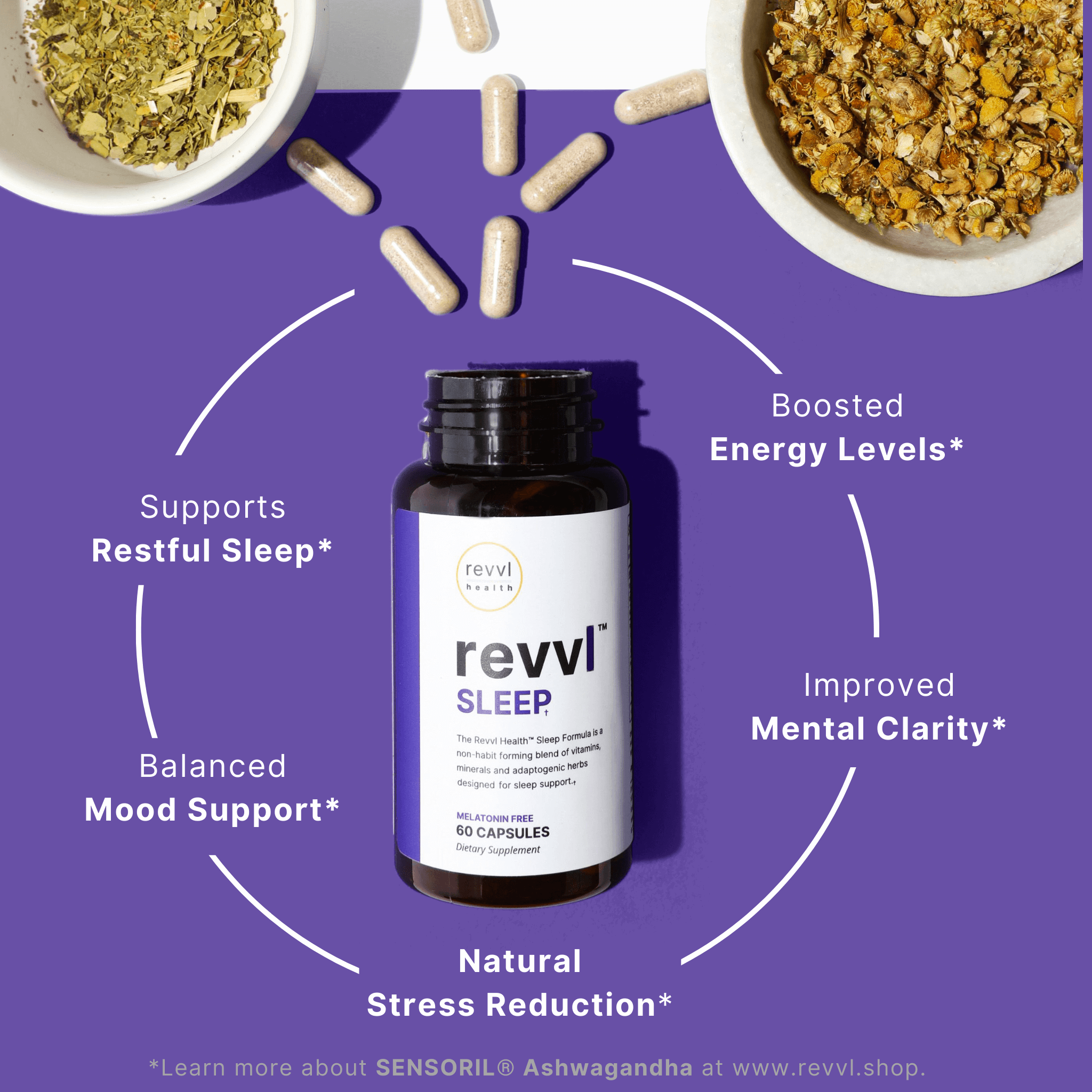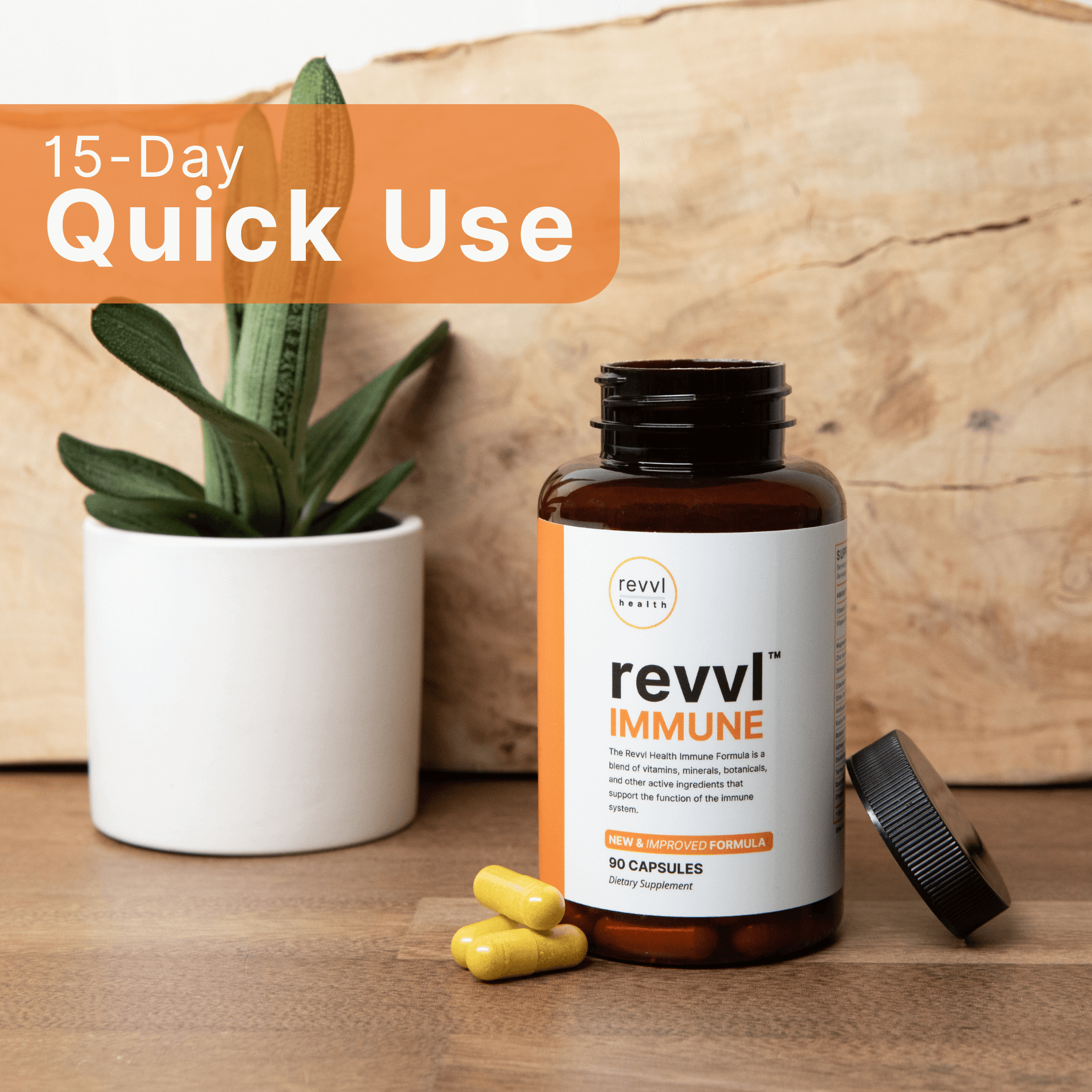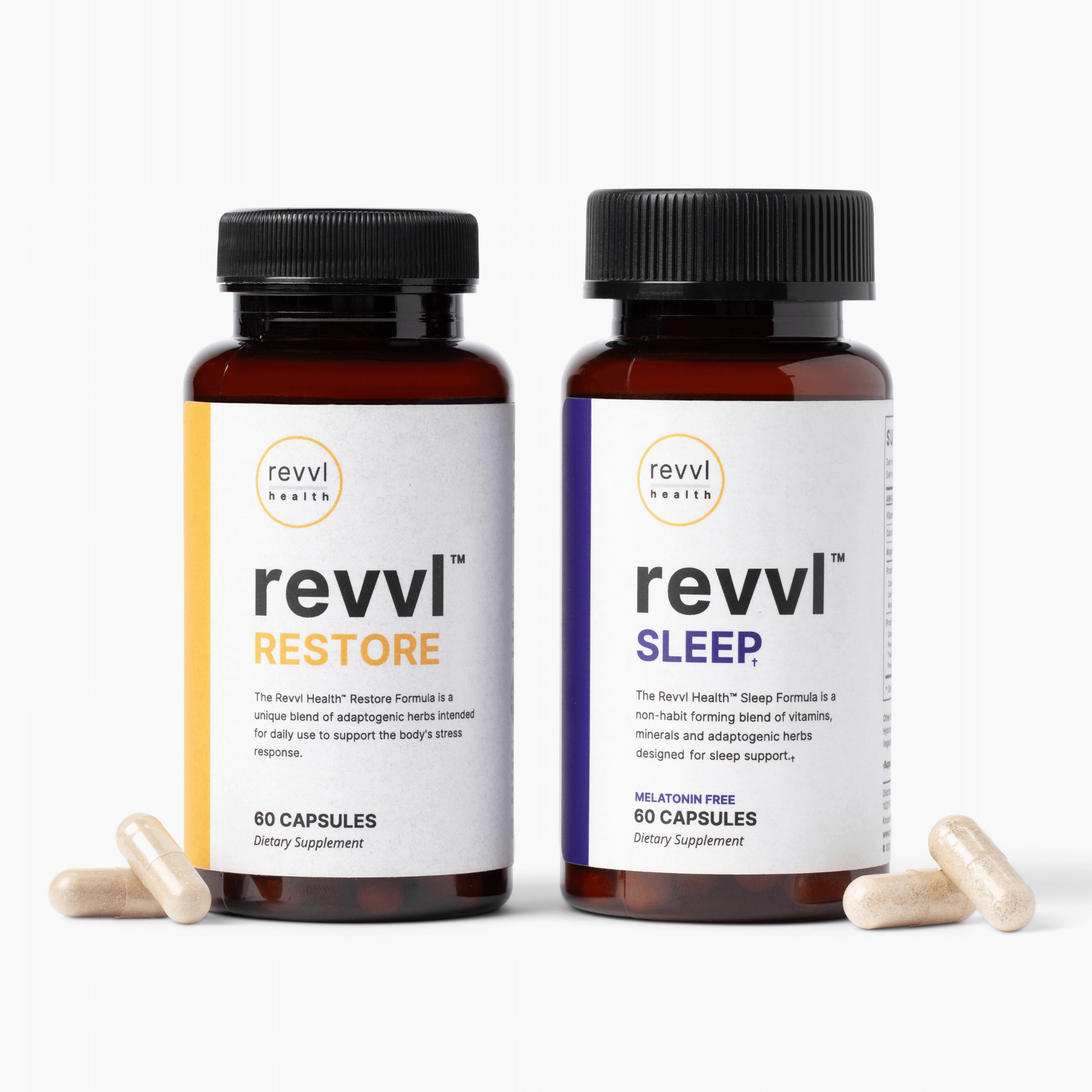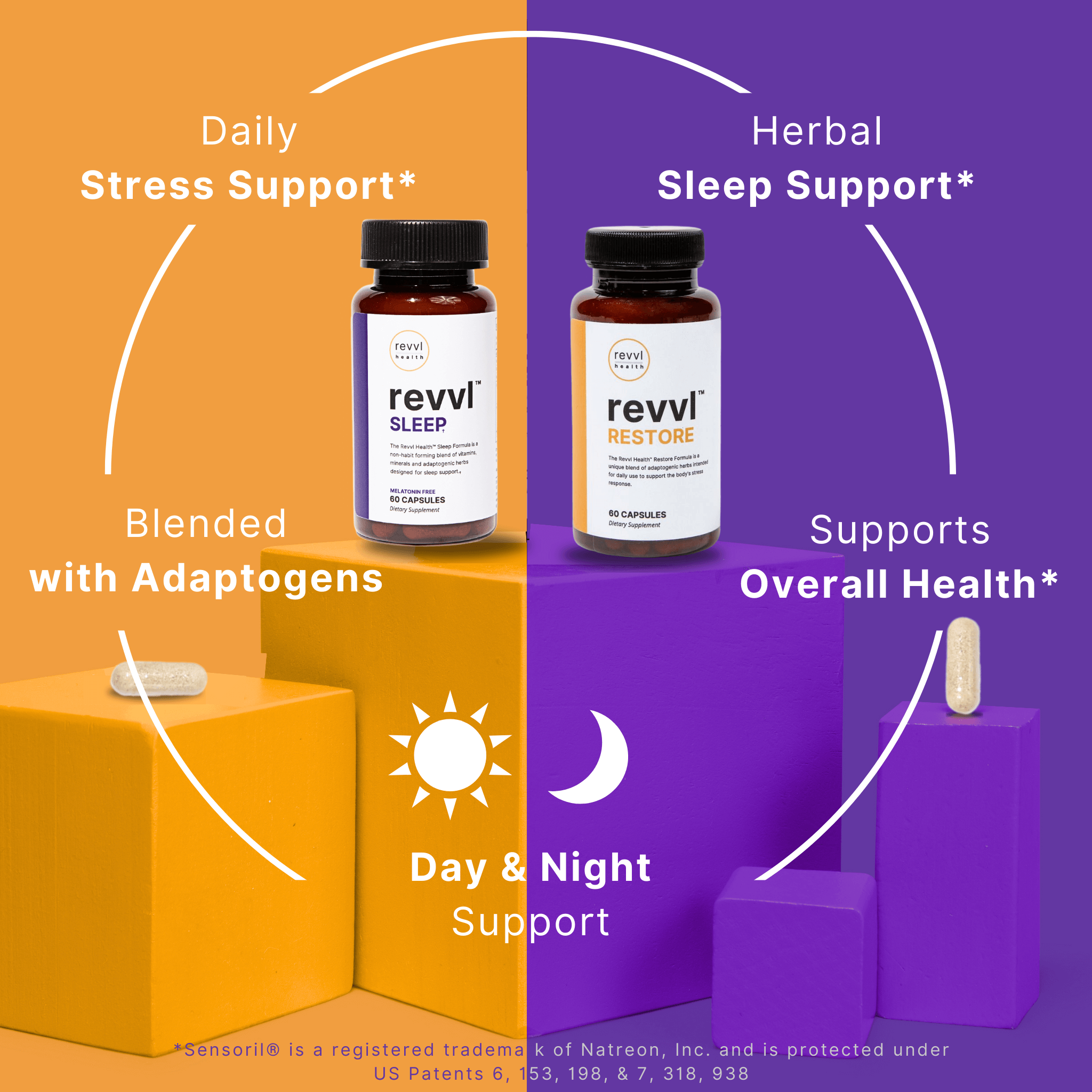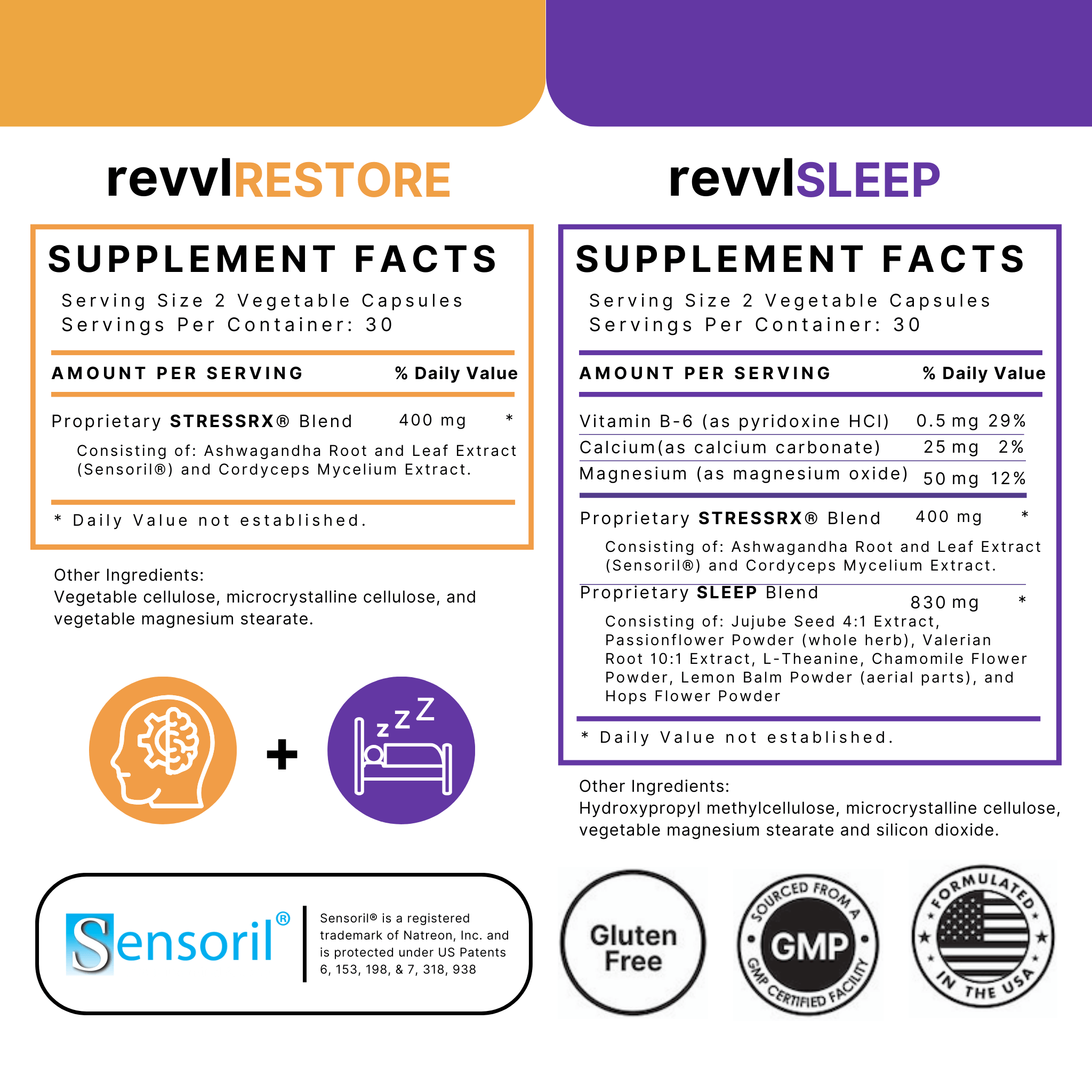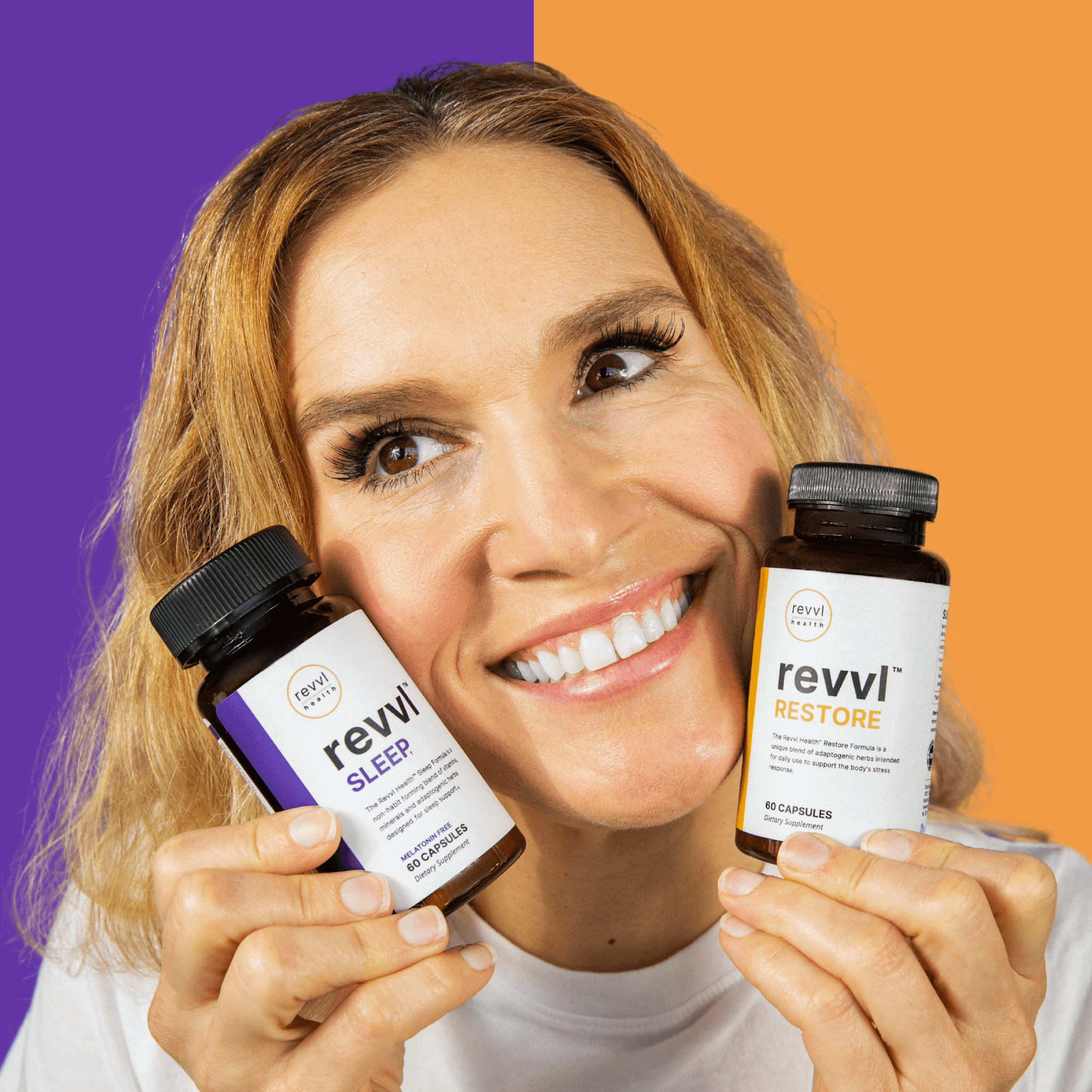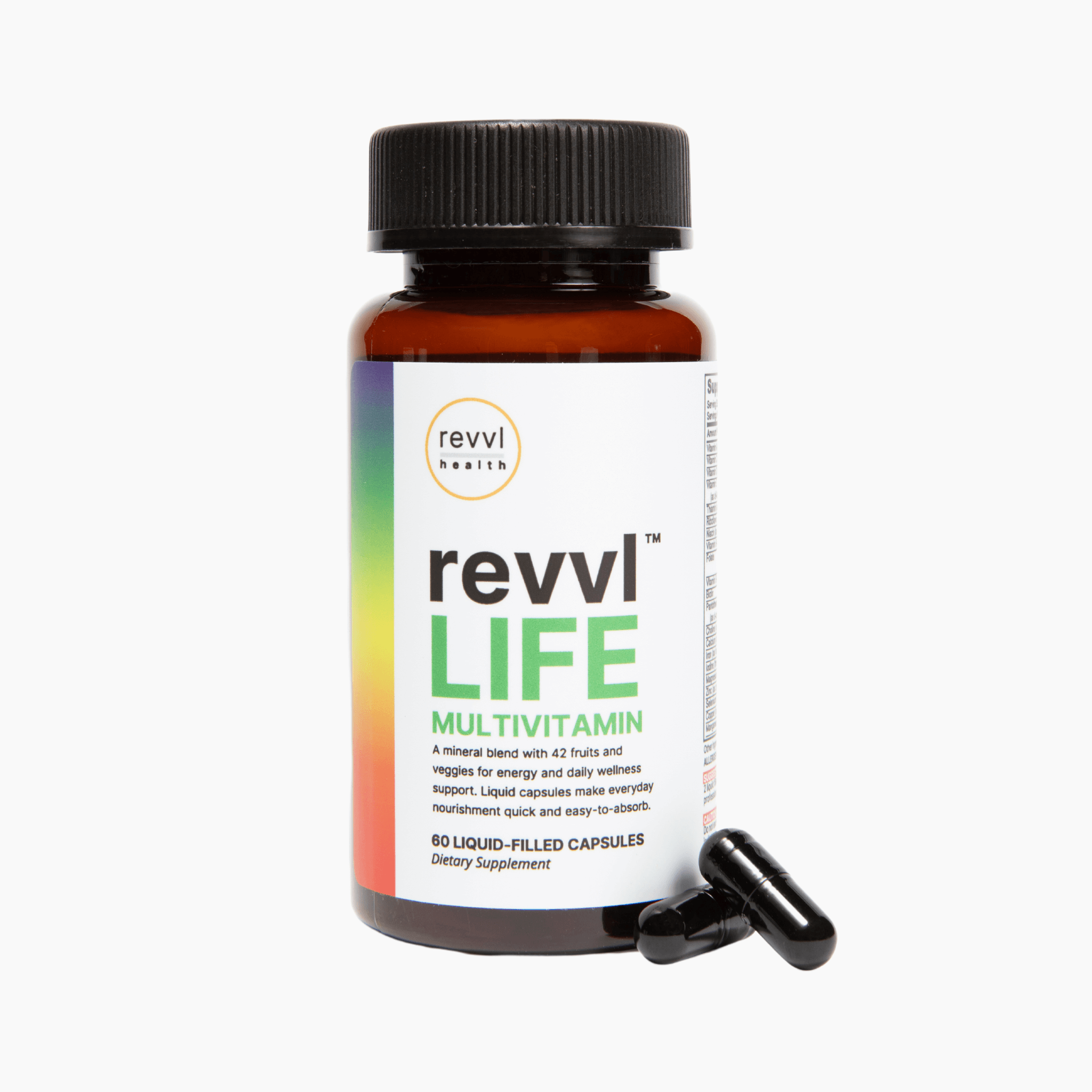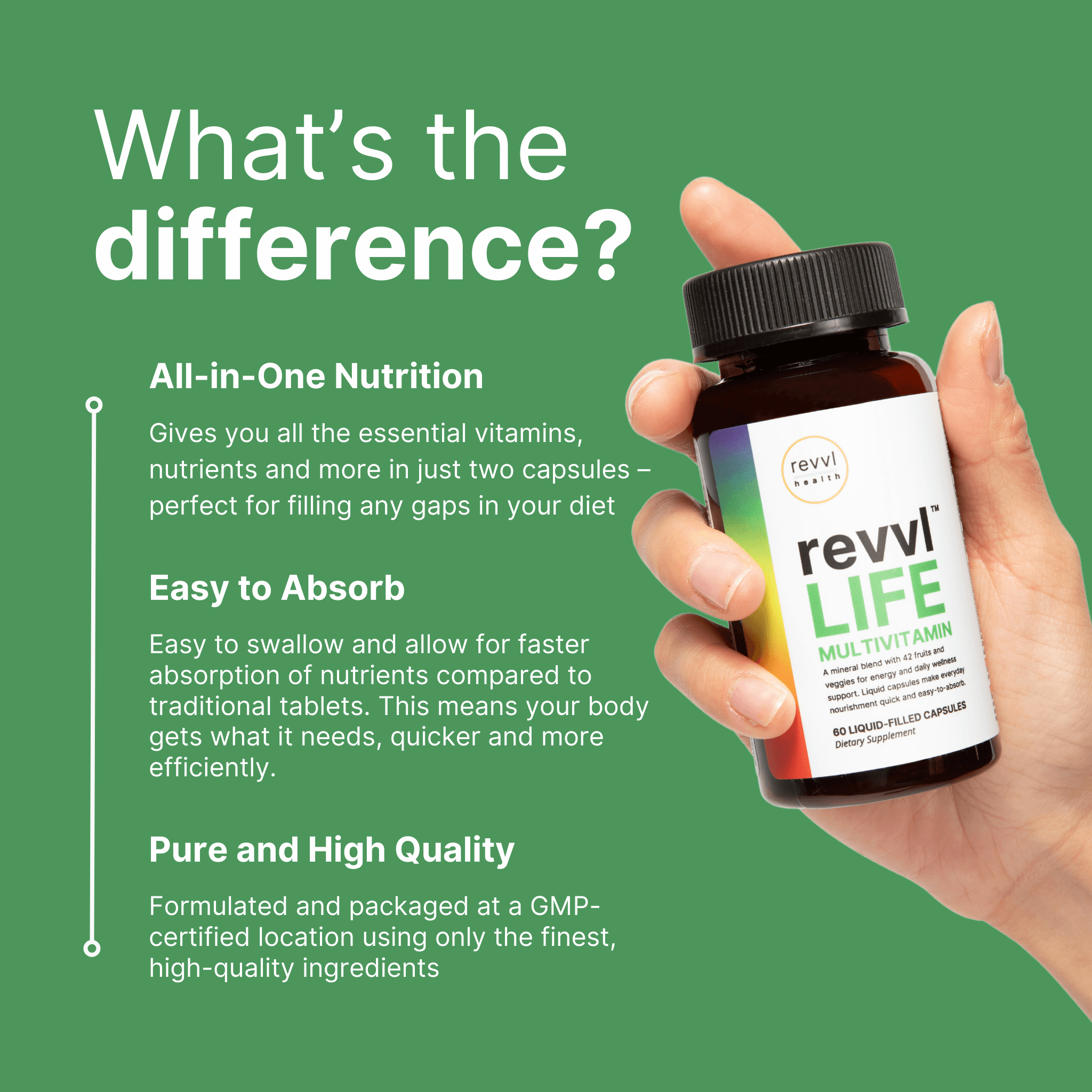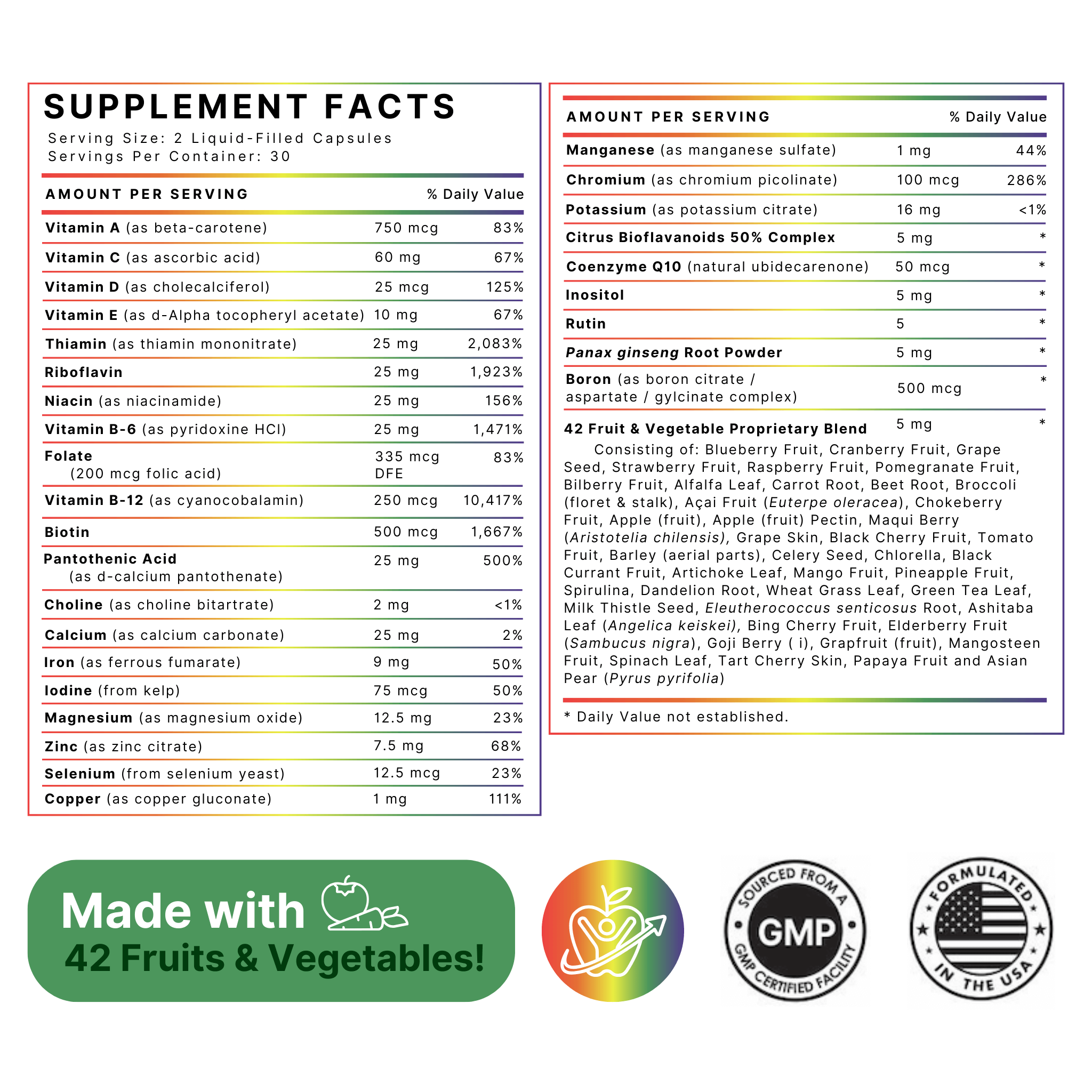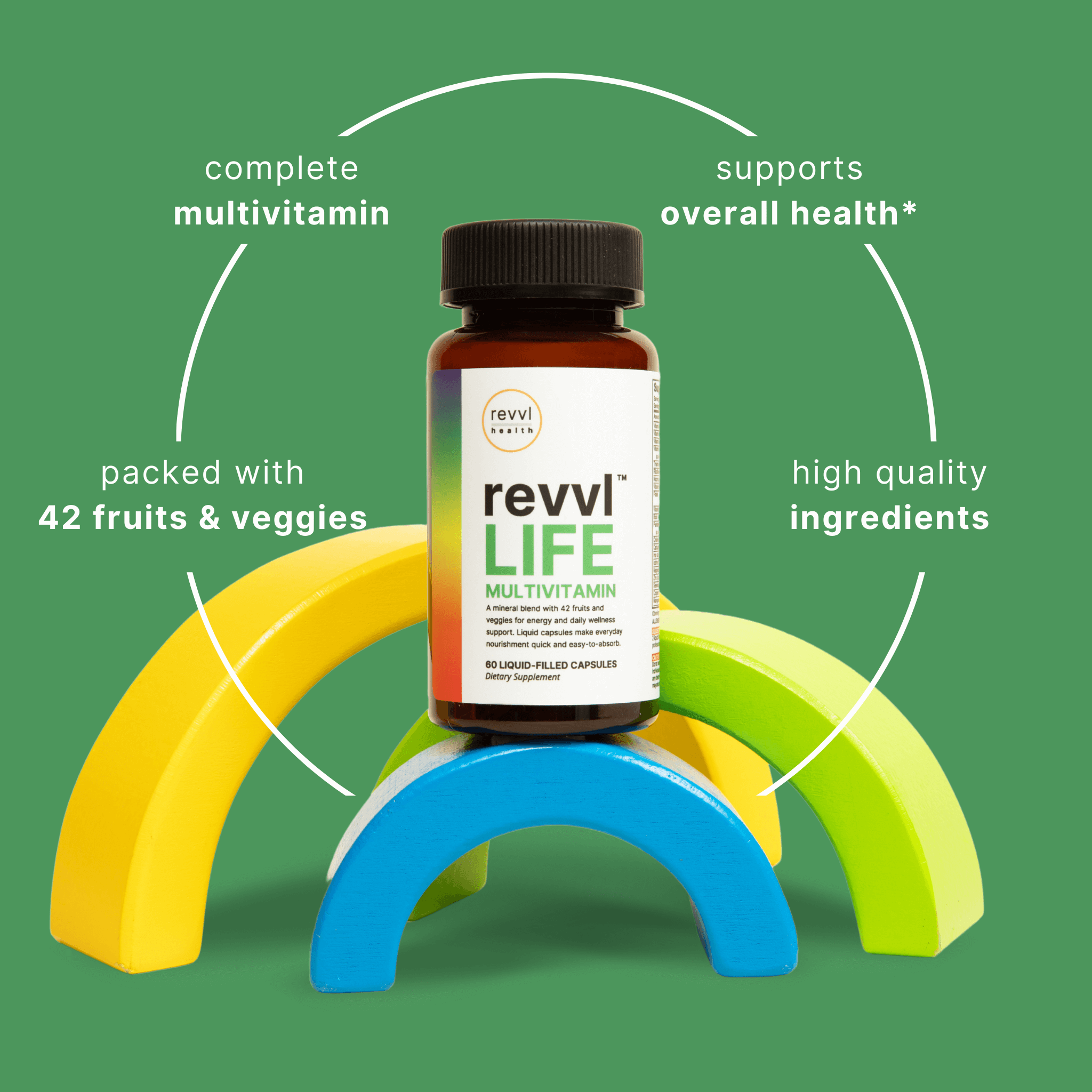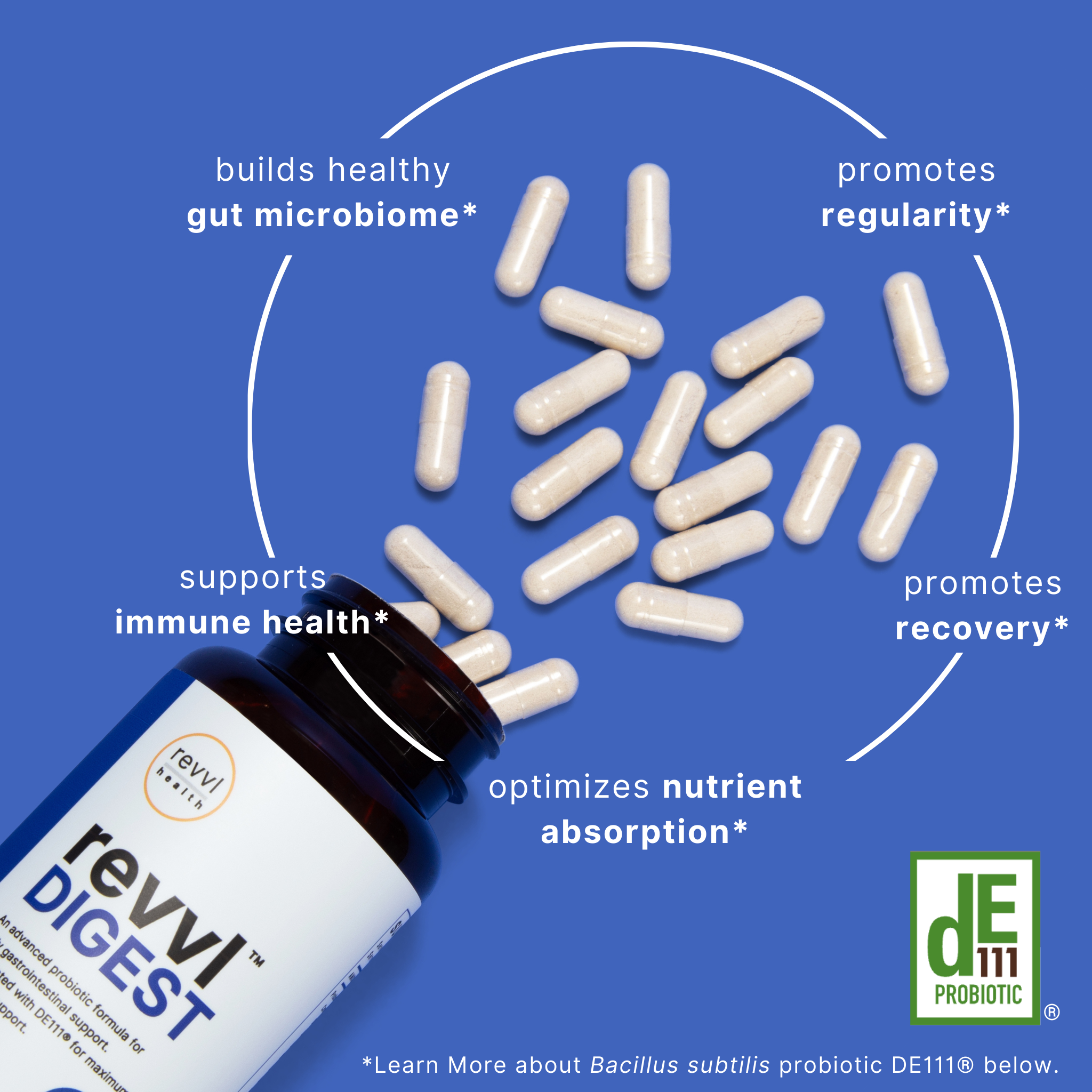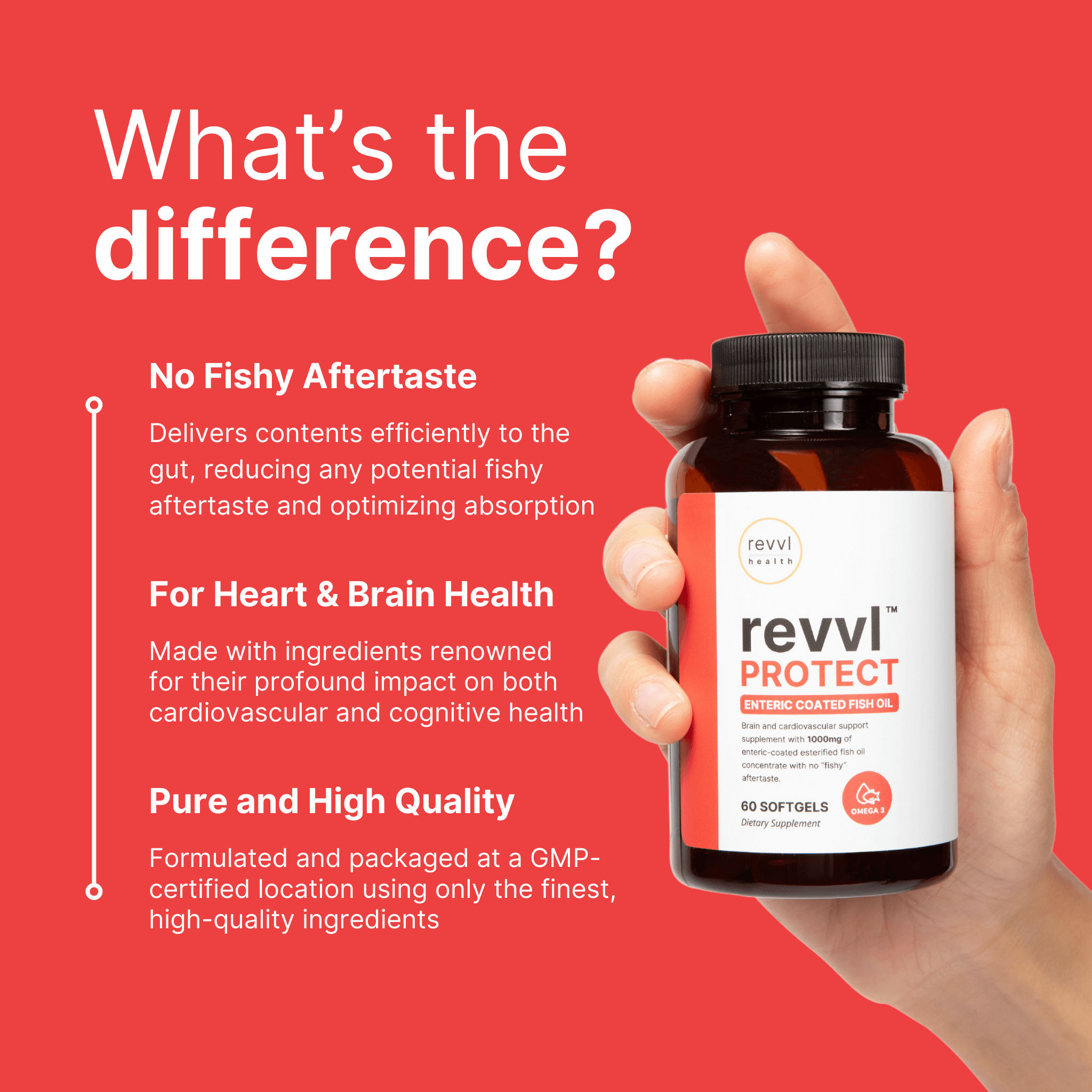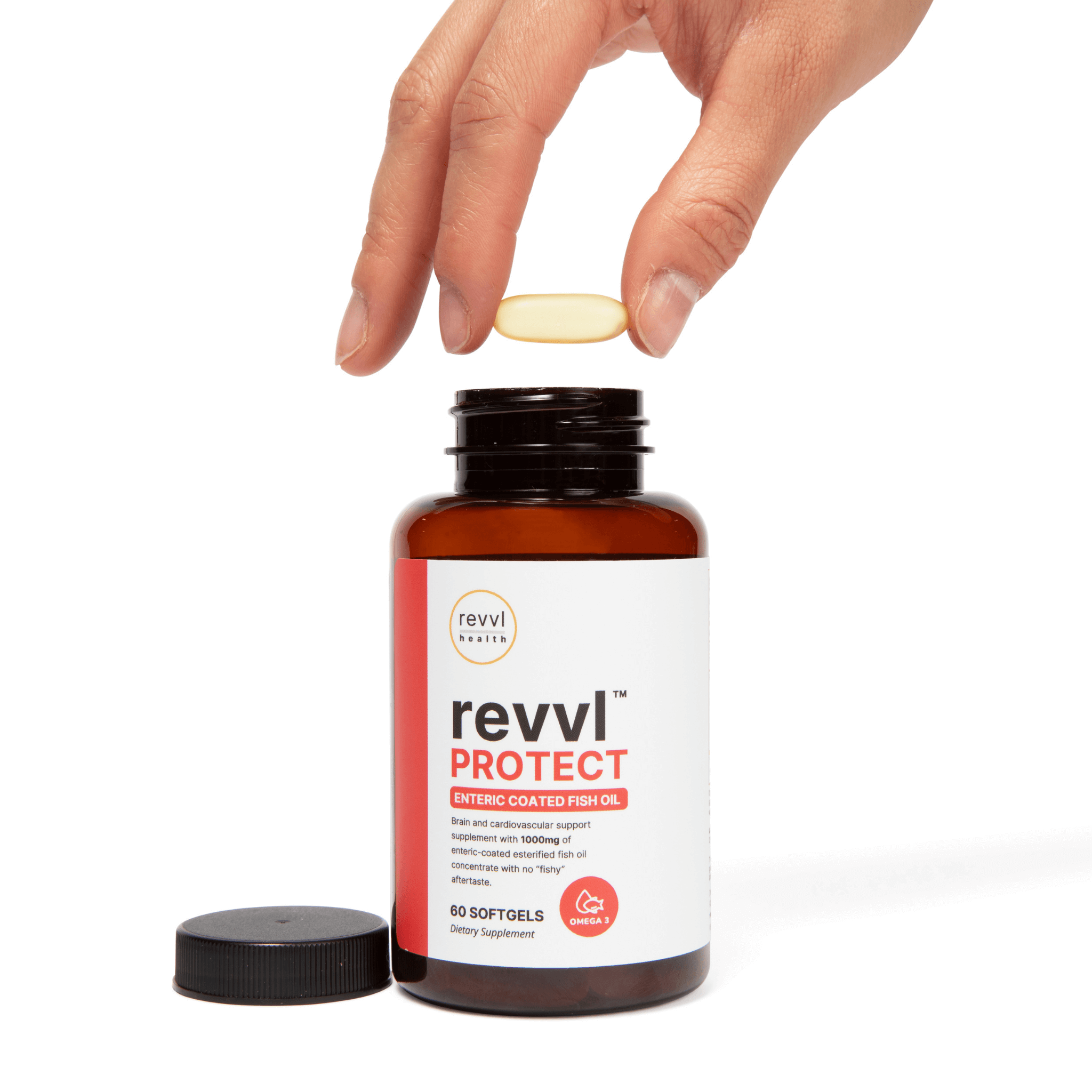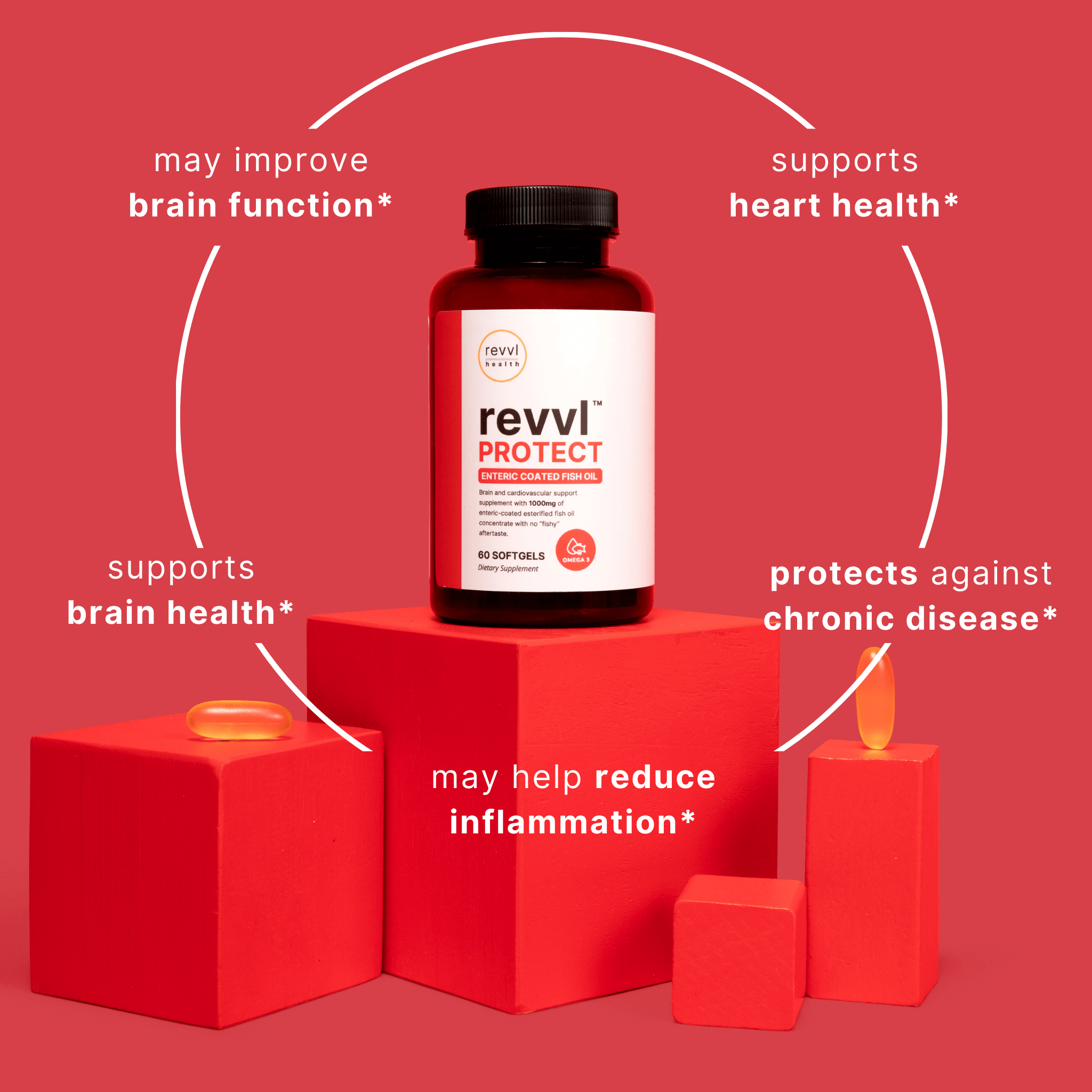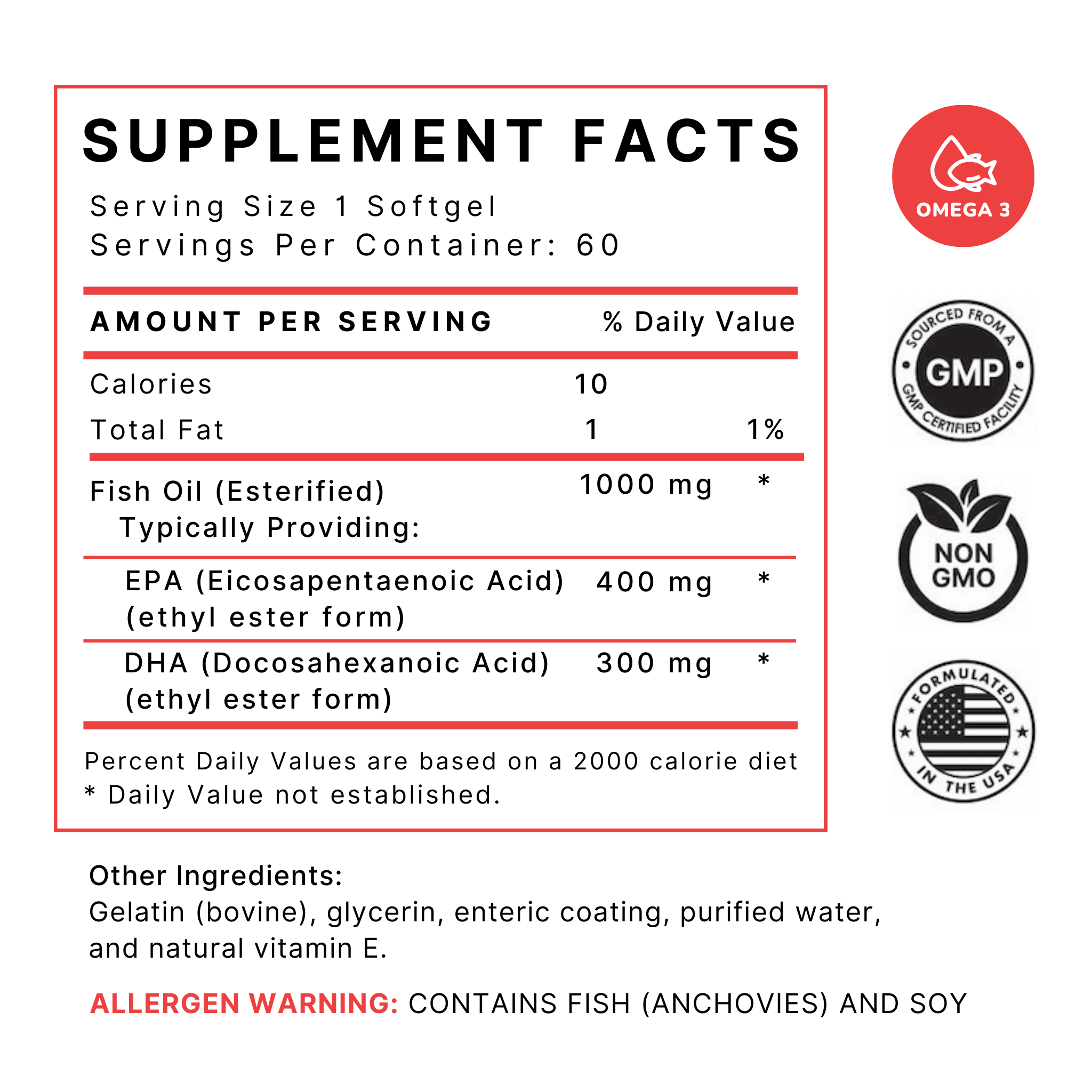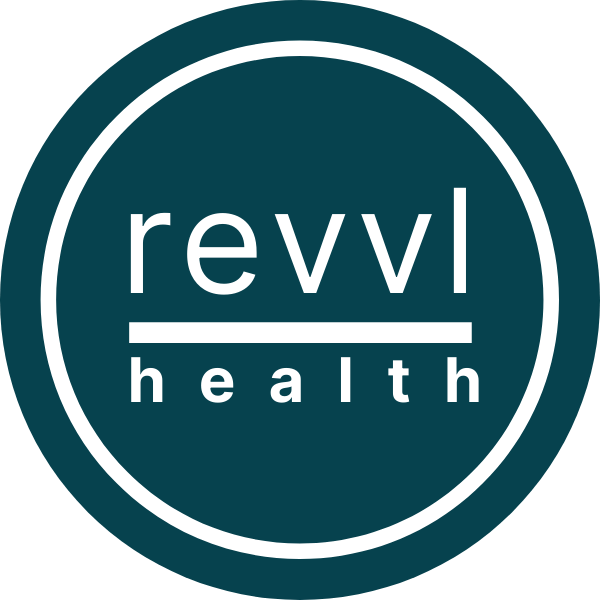New Year’s is a time to move away from old habits and start fresh. You know how it goes—you set a vague goal that is overly ambitious. You do okay with your resolution until about mid-January. Then you go off the reservation, give up, and then pretend it never happened. Sound familiar? It should. Millions of people make New Year’s resolutions, but most don’t stick to them. So, what happens next? A bit of shame, a bit of discouragement, and a whole lot of self-criticism. By mid-life, most of us don’t even try to make resolutions anymore because, why bother?
What makes us fail?
An article in the New York Times discussed three major reasons that we fail when it comes to resolutions. First, we set resolutions based on something that society tells us needs to be changed—not something that we really believe we need to change. Maybe society says you should have a six-pack, but with three children and a full-time job, a sculpted body isn’t really high on your priority list. Secondly, we set goals that aren’t clearly defined. For example, we say, “I want to lose weight.” But we don’t say how much, or how fast, or what method we will use to get there. It’s just wishful thinking. And Thirdly, we fail because we are unrealistic about what it will take to accomplish our resolution.
A goal without a plan is merely a dream!
Set SMART goals.
Resolution experts tell us to set SMART goals. This acronym stands for Specific, Measurable, Achievable, Relevant, and Timely.
- Specific goals have clearly defined parameters. Instead of saying, “I resolve to read my Bible more,” make your resolution, “I resolve to read the Bible completely in a year’s time by following XYZ plan that takes 20 minutes per day. I will set aside this time (am/pm) to accomplish this goal.”
- Measurable goals have a built-in way to measure progress. Instead of wanting to “get stronger,” make stopping points that are measurable. Talking with a personal trainer can help you decide how much you can handle in each period of time given your current weight, fitness level, medical limitations, body type, time limitations, and motivation. So, if you want to bench-press 275 lbs. by the end of the year, where are you starting? And what does that look like in January, February, etc.?
- Achievable goals are within reason. They may require you to stretch a bit, but they are totally doable. Wanting to lose 100 pounds in a year’s time is nearly impossible without medical intervention (no matter what the magazines say). But a reasonable, achievable goal may be to lose one pound per week—giving you a whopping 52 pounds loss at the end of the year. If you have limitations like a bum thyroid or can’t exercise, that goal needs to probably be cut in half. It would still be great to be 26 pounds
- Relevant goals are goals that matter enough to you that you will be motivated to make sacrifices to attain them. Not everyone is motivated by beauty, not all by money, not all by connection and family, not all by smarts or strength. We all have differing motivations, so it makes sense to tailor-make your goals to your core values, and to where you are in your life right now.
- Timely goals are ones that have mile-markers along the way. Measures of success that you can celebrate. So, every time you hit that two-pound mark, or you finish another book of the Bible, or you lift five more pounds of weights, or you run that 5K—whatever it is, remember to celebrate along the way. That will end up with success!
How do we defeat ourselves?
This same article in the New York Times advises that we either have too much positive thinking or too little self-forgiveness, or both. In other words, we are often our own worst enemy when it comes to achievement and success. Professor Oettingen of NYU claims that fantasizing excessively about future success can hinder actual achievement. Optimism doesn’t equal achievement. Busyness doesn’t equal productivity. Be sure you are taking concrete steps every day to accomplish your goals. When you fall off the wagon (as you inevitably will), remember not to wallow. Get back on the wagon and start again! No excuses.
How we can Revvl help?
Here at Revvl Health, we are here to help support you while you achieve your health goals. These are eight SMART goals with clearly defined action steps that will help you address the stress in your life. Why would you want to do that? Because chronic stress and dysfunction of the stress response is responsible for all the modern dis-eases that we struggle with. Obesity, high triglycerides, hypertension, infertility and sexual dysfunction, ADHD, brain fog, memory issues, Alzheimer’s, Migraines, and on the list goes. Each of these conditions can be made much worse by excessive amounts of manageable stress in your life!
If you’d like some support from our team, download the Revvl Health app and connect with us today! We will send you action steps every week that will keep you on track with this simple, but profound goal in mind: A healthier life is absolutely possible!





